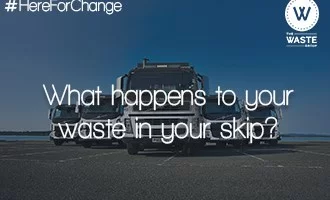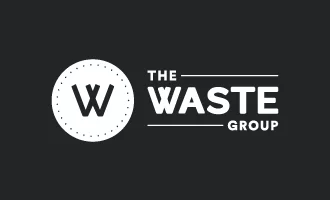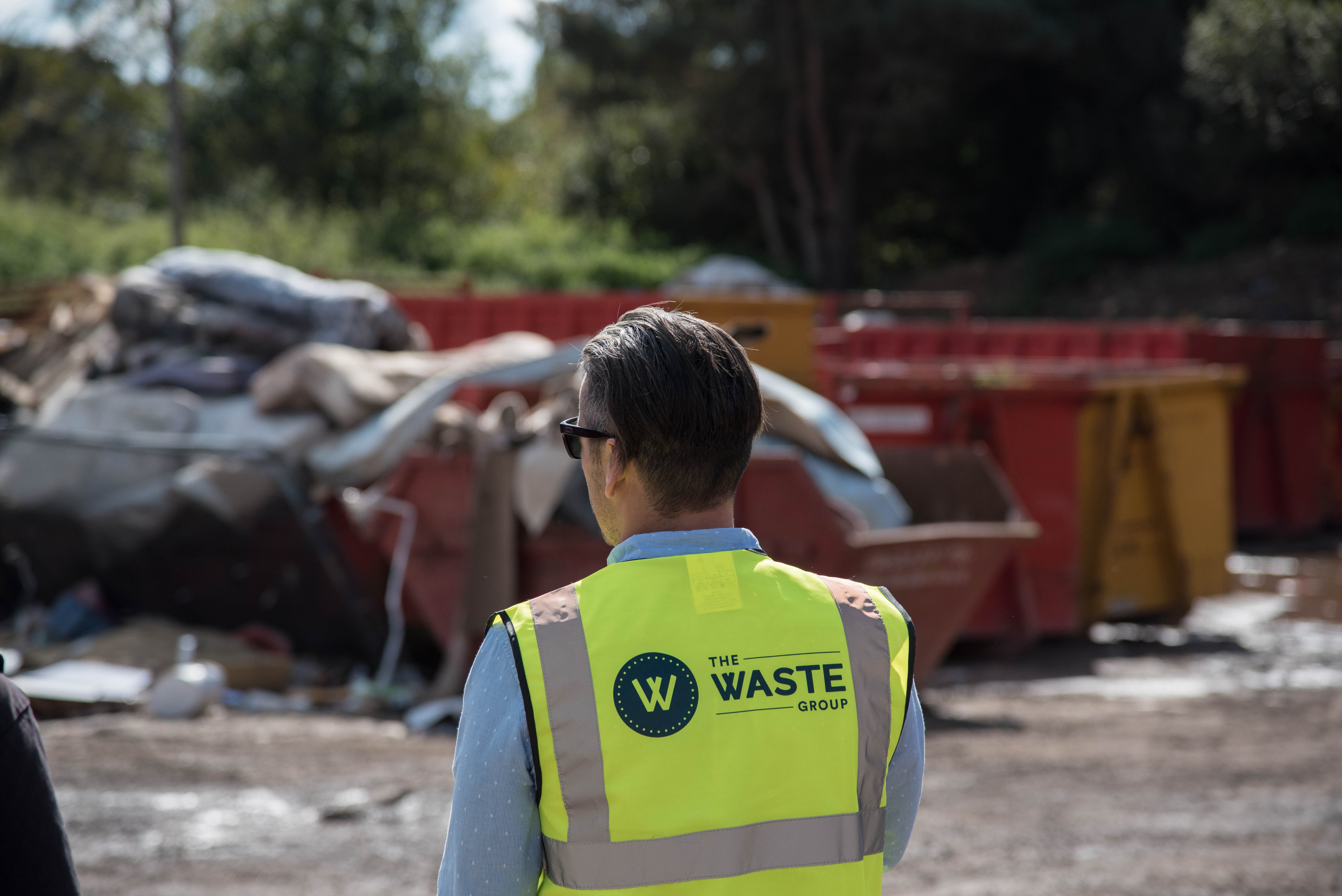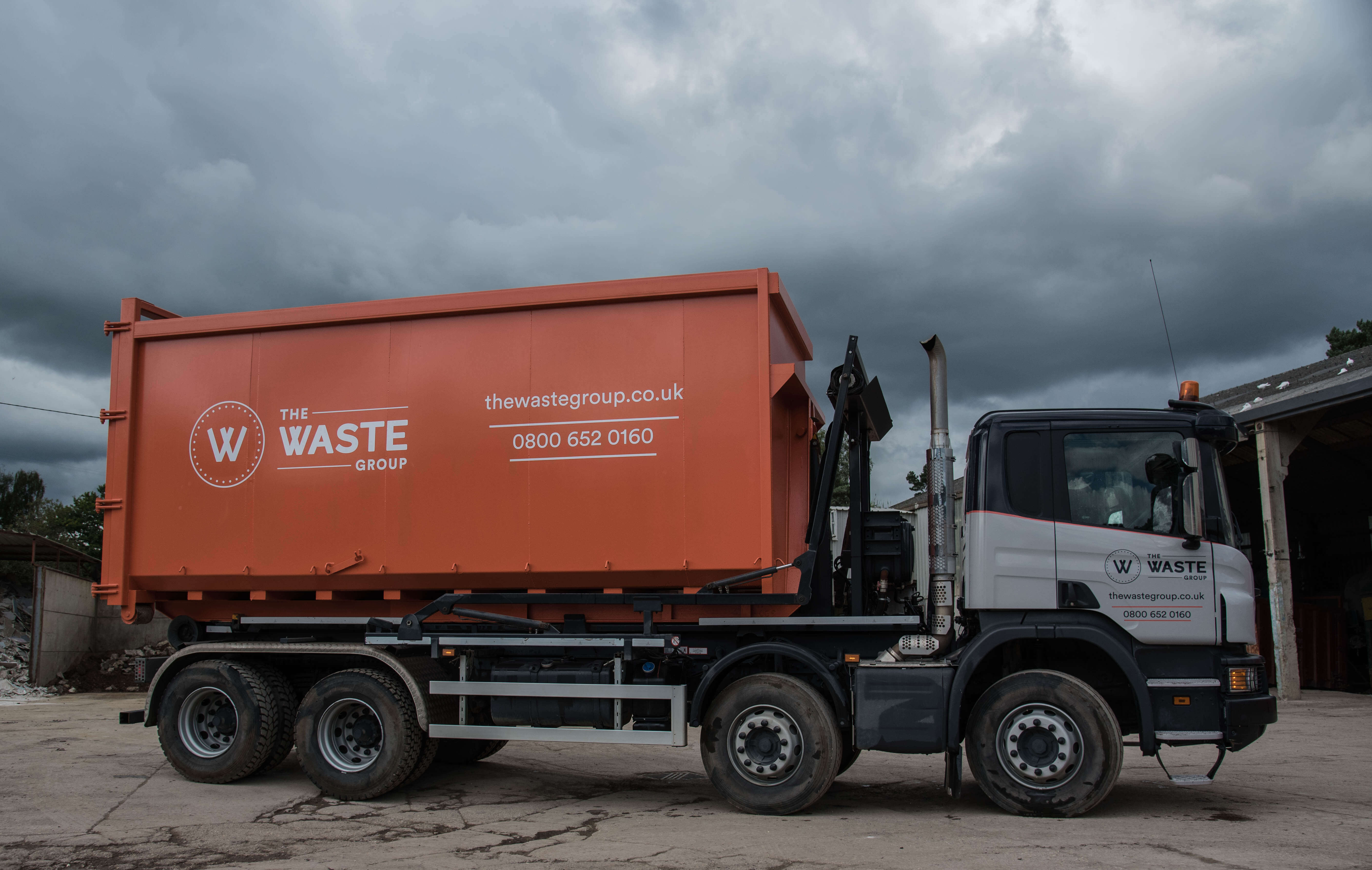What Happens to Skip Waste?

Let’s be honest – it feels great to get rid of waste that’s been cluttering up your home, office, or job site. But your waste doesn’t just disappear after you bin it. Waste that isn’t recycled is headed for either the landfill or incineration, neither of which are healthy choices for the environment. If you’re looking for a more responsible way to dispose of waste, our skip hire in the UK service ensures waste is managed sustainably with recycling and eco-friendly disposal options.
But you can ensure your domestic waste management is as environmentally friendly as possible when you choose the right waste disposal company – one that recycles as much waste material as possible.
So, how do you make an ethical waste disposal choice? The first step is to understand where skip waste goes after it’s collected. Let’s take a look at what happens to skip waste after it leaves your property.
The skip waste collection process
You’ve ordered the right-sized skip, and you’re ready to fill it. But first, you need to understand how sorting your waste correctly helps ensure it can be recycled when it gets to the municipal waste treatment facility.
What you place in the skip matters. Electrical goods and toxic materials like batteries and paints can’t go in a general waste skip. Those items should be sorted and recycled separately. You can read a complete list of items that can be placed in a skip here.
It’s important to place waste materials in the skip carefully, sorting them as you go. For instance, it’s helpful to put scrap metal in one section of the skip and garden waste in another.
That kind of organisation makes it easier for skip companies to sort the waste into the appropriate destination when it arrives at the recycling centre. It also helps keep reusable materials from being dumped into the landfill site.
The journey to the waste transfer station
When the lorry removes the skip from your property, it’ll head to a dedicated waste transfer station. UK waste management companies use these facilities to separate recyclable and non-recyclable items at scale. They’re professional services that work to reduce the amount of waste that ends up in the landfill, serving all skip sizes from mini-skips to massive, industrial jobs.
At the waste transfer station, your skip is weighed on a weigh bridge to see how much it’s carrying. Next, teams will work to sort recyclable, non-recyclable, and hazardous materials.
Sorting and recycling skip waste
The waste transfer station uses an army of tools and machines to sort your waste. Large magnets lift out the scrap metals – which are actually items of value that can be resold! These magnets are so sensitive that they can determine whether there’s iron in the metal or not.
Trammels (rotating mesh screens that push through the piles waste) filter out solid waste of different sizes. And manually sorting by hand eliminates bulky items like large pieces of wood or rocks.
At The Waste Group, our residual waste is used in the production of Refuse Derived Fuel. Our wood is used in biomass for energy production, and any hardcore waste is used in road maintenance. Metals are salvaged and recycled, plasterboard and cardboard are taken away to be recycled, and garden waste is recycled into compost – each at the appropriate local facility.
Environmental considerations
Skip hire companies that don’t prioritise environmentally-sound waste disposal methods are complicit in causing unnecessary environmental damage. In Europe and the UK, waste disposal policies aim to reduce the amount of waste disposed of in landfill sites. As we all work to reduce the effects of global warming, skip hire companies must do their bit to promote ethical disposal.
A lot of waste – over 98%! – can be recycled. A good skip hire company will make sure that every pound of building materials, green waste, and scrap metal go through a rigorous sorting process and end up in the right waste category.
The final disposal – landfill or incineration
In the waste industry, there are some items that simply can’t be recycled. When every last piece of recyclable material has been salvaged, skip hire companies take your waste to landfill sites or industrial incinerators. An incinerator burns waste at very high temperatures, and a landfill simply covers the rubbish with soil when the landfill space is full.
Landfills and incineration are not consequence-free solutions. When waste is dumped into landfill sites or burned in incinerators, harmful emissions are added to our air and soil. Ground pollution and air pollution take a heavy toll on our planet.
Besides the environmental implications of landfills and incinerators, skip companies must pay a landfill tax to use the facilities. So there’s a financial incentive as well as an environmental one to employ a meticulous recycling process.
How to choose a skip hire company
Most skip companies say they want to participate in ethical waste management, but it’s important to find a skip company that takes real responsibility for their waste management practices. The right skip company will prioritise ethical waste disposal, so look for a company that consistently meets targets of 98% recyclability and above.
What happens to skip waste when it leaves your site can be something positive – responsibly recycled in a circular process that reuses almost every material in an environmentally-friendly way. It can be protective of your local environment and create energy, turning your rubbish into a precious, reusable resource.
Talk to The Waste Group today about safe, ethical skip hire services in your area.



